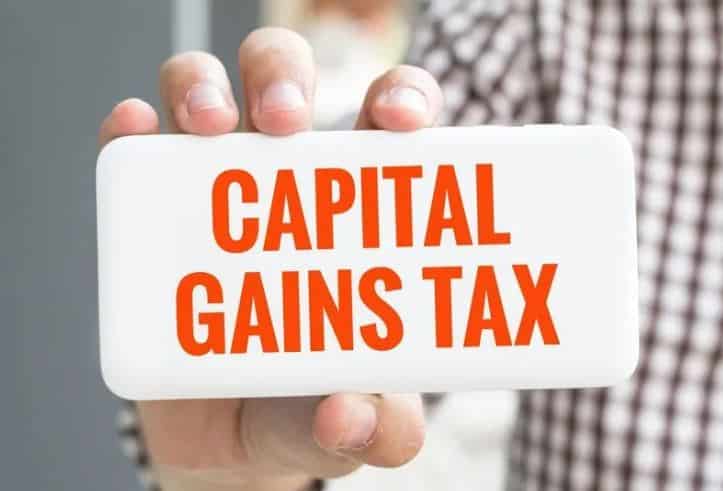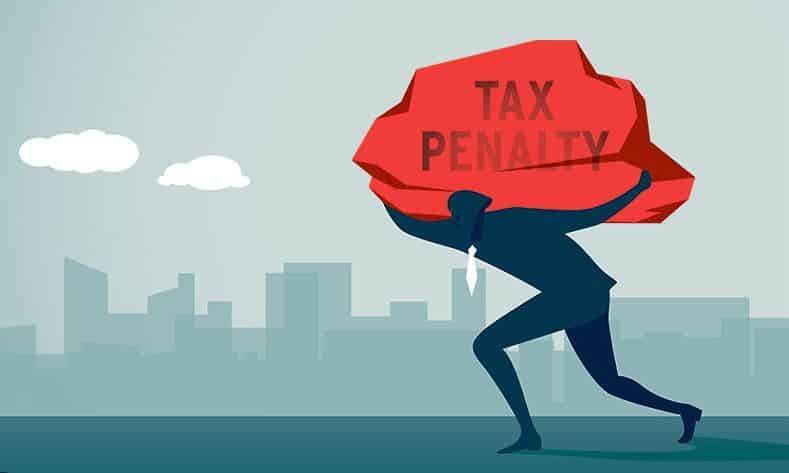
Tax on flipping houses isn’t necessarily applicable ONLY on a house you’ve flipped, it could also apply to a primary residence you’ve bought if you sell it in under a year.
Have you ever wondered about what the tax flipping houses will be? If this is an area of real estate investing that you’re interested in, then this is an important article for you.
In recent years, the Canadian government has made several changes to the tax laws surrounding the practice of flipping houses and the associated tax incurred by flipping houses. These changes have been implemented in an effort to curb tax evasion and ensure that individuals and companies engaged in this activity are paying their “fair share” of taxes.
One of the most significant changes that has been made is the introduction of the “flipper tax.”
This tax is applied to individuals and companies who buy and sell properties within a short period of time, typically within one year. The idea behind this tax flipping houses is to target individuals and companies who are flipping houses as a business, rather than as a means of purchasing a home to live in. The flipper tax is applied to the profits made on the sale of the property, and is calculated as a percentage of the total sale price.
Another change that has been made to the tax laws is the tightening of rules surrounding the reporting of capital gains. Capital gains are the profits made from the sale of a property, and are subject to tax. Under the new rules, individuals and companies who are flipping houses are required to report all capital gains from the sale of a property, regardless of whether or not they are considered to be in the business of flipping houses. This is intended to ensure that all individuals and companies engaged in this activity are paying their “fair share” of taxes.

In addition to these changes, the Canadian government has also made it more difficult for individuals and companies to claim deductions for expenses related to flipping houses. For example, individuals and companies can no longer claim deductions for the cost of repairs and renovations made to a property before it is sold. This is intended to prevent individuals and companies from inflating the cost of repairs and renovations in order to reduce their tax flipping houses and associated liabilities.
Finally, the government has implemented a new reporting requirement for real estate professionals. This is to ensure that real estate professionals are not participating in illegal activities, such as tax evasion or money laundering, when helping their clients to buy and sell properties.
It is important to note that these changes to the tax laws do not necessarily mean that flipping houses is no longer a viable business. However, individuals and companies engaged in this activity must now be more careful to ensure that they are complying with the new laws and reporting all income and expenses accurately. This may require seeking professional advice from a tax lawyer or accountant so you’re fully aware of all of the taxes that can apply to flipping houses.
Overall, the changes to the tax laws surrounding flipping houses in Canada are intended to ensure that individuals and companies engaged in this activity are paying their fair share of taxes. While these changes may make it more difficult to flip houses as a business, they also provide more clarity and transparency in the real estate market, which is beneficial for all parties involved.
Effective January 1, 2023, if you intend to flip a home without owning it for a minimum of 365 days or more, than you can expect to be on the hook for the taxes on the full value of your profit. The principal residence exemption will no longer be permissible. As such, you’ll want to speak to a tax professional or accountant before you make any of these moves.
If you don’t fully understand the impact of the tax flipping houses, here is a breakdown.
If you bought a new property with the intention of flipping it, assigning it or buying it to build/sell or redevelop, then your profit on the sale of that property will generally be taxes as business income at your tax rate. Now, if you bought this property to general rental income, then the profits on the sale would actually be taxes as a capital gain. This means they are only included in income at 50% so it’s a lower tax than business income.
To give you a real life example:
If you bought a property for $1,000,000 and spent $100,000 on the renovations then turned around and sold it to family friends for $1,200,000, then your profit of $100,000 would be taxed as full business income. If you were sitting in a tax rate of 25%, then this means you’d owe the government $25,000 in taxes.
Tax flipping houses isn’t something new but the Canada Revenue Agency (CRA) has been actively investigating and enforcing any residential real estate that had been flipped or assigned and NOT property reported as business income. If a real estate investor specializing in flipping houses was using their Primary Residence Exemption to avoid or reduce taxes, then they are at risk of being cracked down on by the CRA.
The new “Flipper Tax” will put an end to using the Principal Residence Exemption and will completely disallow investors from using it to shelter themselves from capital gains calculated on the sale of a property owned for under 365 days.
In a nutshell, what you need to be aware of is that under this new tax flipping houses, anyone who sells a property they’ve owned for less than 12 months, whether they are “flipping” or not, will be deemed to have flipped it and these profits will be taxes as business income. This ultimately means that the gain, after any associated expenses, will be fully taxable in the year of the sell as if the seller earned this money as another form of employment income.

Are there any exceptions?
Well yes, of course. Whether you’re an end user or an investor, there are always extenuating circumstances that the CRA will want to verify to determine who is on the hook for these taxes and if they are in fact, exempt.
Some of the potential exceptions to the tax flipping houses includes life events such as the death of the individual or an immediate family member, a new addition to the family, a relationship breakdown, any threats to personal safety that require a move, serious illnesses or disabilities, changes to your circumstances at work like a termination, new job or relocation. Others include the destruction or expropriation of a home or insolvency/bankruptcy.
Life happens and situations can vary widely from person to person so of course, this article on tax flipping houses shouldn’t be a substitute for any tax, financial or legal advice from a professional. I would strongly advise that you speak to your accountant to be aware of any tax implications that could apply, if any.
I hope you’ve found this article to be helpful. If there is anything else I can do to assist you whether you’re in the market to buy, sell or invest, please don’t hesitate to reach out. I can be contacted directly at 647.896.6584, by email at info@serenaholmesrealtor.com or by filling out this simple contact form.
For other great tips, let’s connect on social @serenaholmesrealtor and ensure you’re subscribed to my YouTube Channel.











